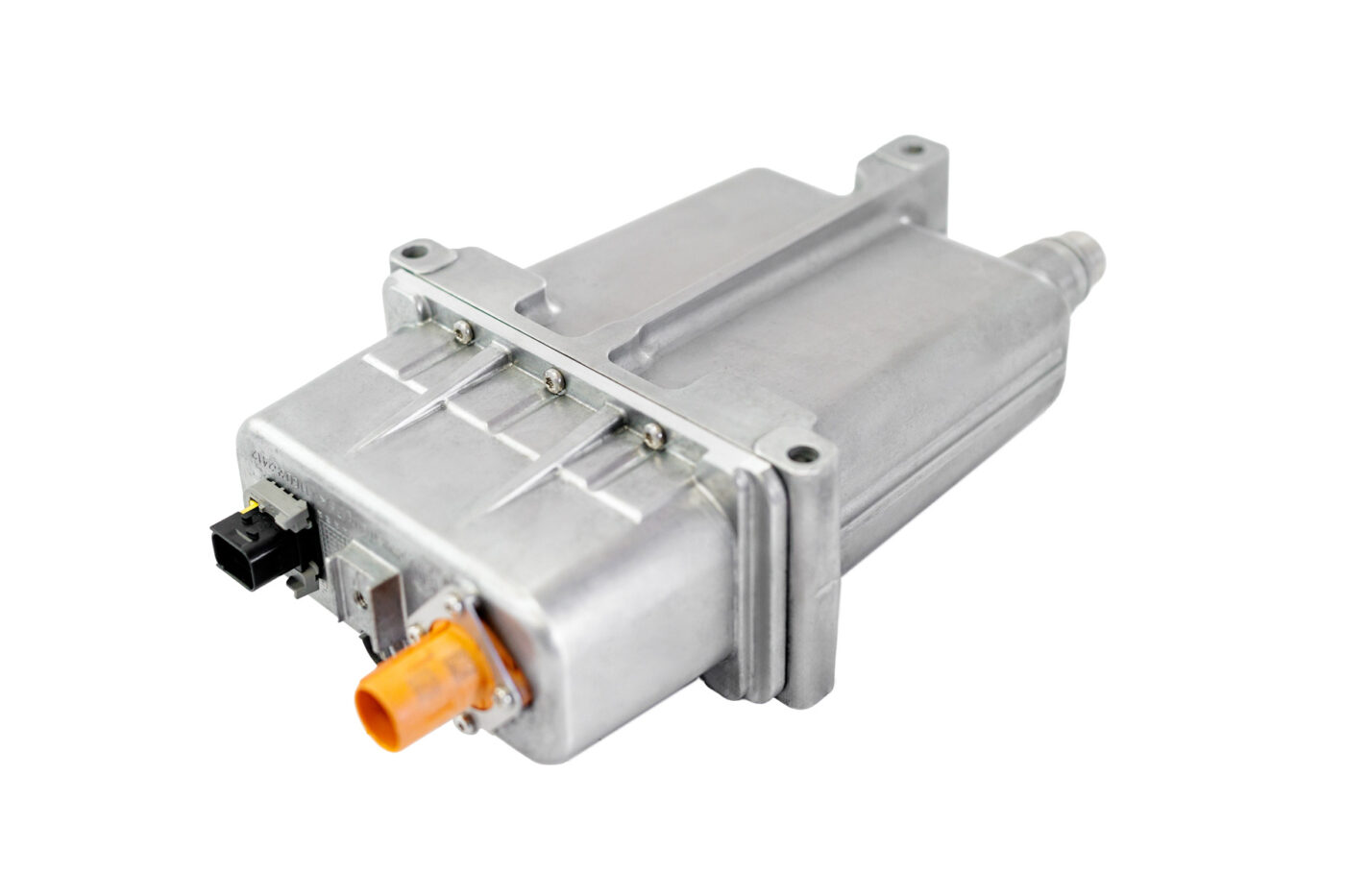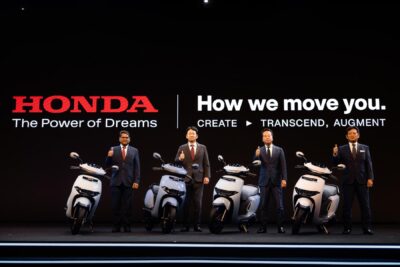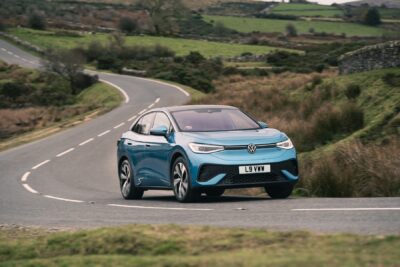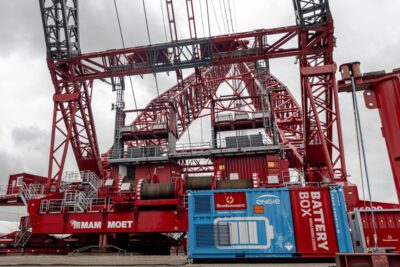Eberspaecher presenta un nuevo calentador de agua para autobuses eléctricos
With the new High Voltage Electrical Water Heater, the supplier from Esslingen near Stuttgart is targeting buses with electric or hybrid drives. The core of the system is a resistance heater with an output of ten kilowatts – depending on the use of the bus and the resulting heating requirement, up to three heaters can be combined per vehicle, resulting in a heating output of 30 kW. The water heater is now available as standard.
The resistance heater operates in a voltage range from 500 to 820 volts DC. According to Eberspächer, the product has been designed to be “robust,” which should guarantee “flawless operation over its service life.” The heater can be infinitely adjusted via a percentage signal, enabling “rapid heating of the interior for passengers and gentle battery conditioning without energy loss.” Preheating the battery in winter should speed up the charging process and “noticeably” extend the range.
For use in extremely low temperatures, the electric water heater can also be combined with a fuel-powered heater – depending on the model, according to Eberspächer, without any further adjustments. In Northern Europe, in particular, using diesel or HVO heaters in electric buses is still common to conserve the battery-electric range. In summer and during the transitional period, the electric heater is sufficient, but on cold winter days, the fuel heater can also be used – Eberspaecher offers two suitable models with different output levels.
eberspaecher.com (en alemán)





0 Comentarios